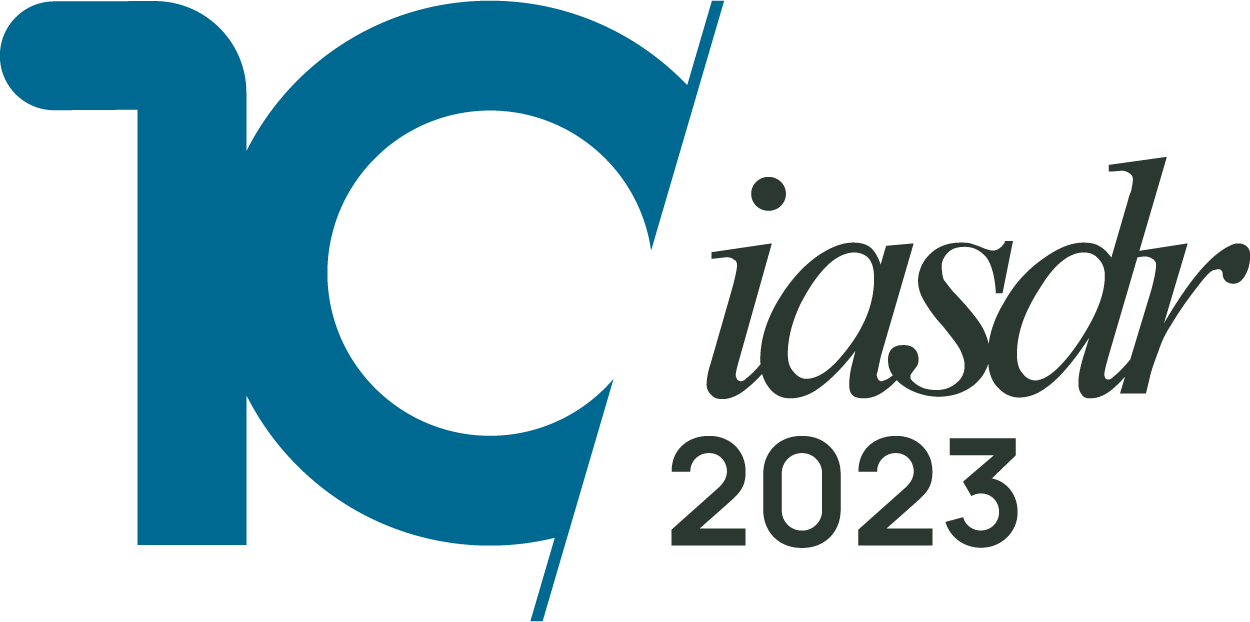Workshops
Infrastructuring social relations in design and social innovation
Date: Mon, 09 October 2023, 09:30 – 13:00 CEST
Organizers: Cyril Tjahja, Viola Petrella
Format: In-person
Infrastructuring in the context of design and social innovation is the notion that by constructing an ecosystem around a local initiative, it would be able to support itself in the long-term. It has been recognised that the building and maintaining of social relationships are essential this process. However, how exactly and which dimensions of social relations influence infrastructuring is currently not well understood. The proposed workshop therefore aims to challenge the dominant perception on infrastructuring, which emphasises on scalability and replicability as indicators of success, by foregrounding the richness and complexity of the social dimensions in the process, without necessarily having to arrive at practices that are suitable to be replicated in different contexts. Through the collective sharing and reflecting on experiences from their respective practices, the workshop aims to explore what a relational approach to design and social innovation could look like.
Envisioning the futures of design for wellbeing
Date: Mon, 09 October 2023, 09:30 – 13:00 CEST
Organizers: Deger Ozkaramanli, Haian Xue, Zhuochao Peng, Hazal Ertürkan, Pieter M.A. Desmet
Format: In-person
The main goal of this three-hour workshop is to collectively envision futures for design for wellbeing (DfW), and more specifically, for Positive Design. We will share our reflections on the first decade of Delft Institute of Positive Design (DIoPD), a Delft-based research institute that stimulates the development of knowledge to support designers in their attempts to design for human flourishing. Like many other DfW initiatives, DIoPD projects adopted theories and methodologies primarily from positive psychology. Since both design research and research in positive psychology have progressed and developed significantly in the past decade, we believe that it is time to take stock, and to envision futures of DfW for a fruitful and impactful decade to come. Accordingly, in this workshop, we will celebrate the collective achievements made by the international DfW community to date, identify common blind spots, and discuss emerging challenges and opportunities. We will do this by designing and facilitating a mix of plenary discussions, provocations, and short exercises. Ultimately, we aim to develop an agenda to guide a transition that pushes the boundaries of DfW research further, integrating a more diverse range of disciplines, methodologies, and epistemologies.
Differential moral framing. Changing perspectives to uncover opportunities
Date: Mon, 09 October 2023, 14:30 – 18:00 CEST
Organizers: Sébastien Proulx, Philippe Gauthier, William Nickley
Format: In-person
This workshop aims to present and share an ideation and critical thinking instrument to foster moral decentring and reflection about the inner good of practice among designers. We designed this tool to support designers in understanding how modern moral pluralism imprints professional mores and how particular conceptions of what is good may affect how designers envision and devise how the world should be (and how they ought to design it). By allowing designers to shift from one perspective to another by decentering, our tool offers ways to consider opportunities and limitations of plural moral perspectives. Our tool comes in the form of a role-playing game based on different species of worth coexisting in modern democracies, and that French sociologists Luc Boltanski and Laurent Thévenot have been depicting in their book On Justification—Economies of Worth (2006).
Shaping emotion in Human-Machine interaction: An exploratory roleplaying workshop
Date: Mon, 09 October 2023, 14:30 – 18:00 CEST
Organizers: Soyeon Kim, Ilse Marit van Zeumeren, Jered Vroon
Format: In-person
The increasing presence of artificial intelligence, automation, and robots in our daily lives leads to a shift from human-to-human interaction to human-to-machine interaction. To make these interactions safe and successful, considering the emotional component is fundamental for trust and acceptance. Incorporating the emotional component into interaction design can create more meaningful and engaging user experiences. However, as of yet human-machine interaction design often focuses on functional aspects of communication, commonly neglecting the emotional side. This workshop aims to explore the design space of emotion in human-machine interaction through role-play. The workshop will bring together a community of designers and researchers to establish collaborations, generate methodological insights, and gather insights into incorporating emotions in human-machine interaction challenges to increase trust and acceptance in the field of human-machine interaction, drawing on methods from role-playing.
A.A.A. looking for inclusive attitudes: co-exploring the Design for Inclusive Attitudes (DxIA) framework
Date: Mon, 09 October 2023, 14:30 – 18:00 CEST
Organizer: Daniele Busciantella-Ricci
Format: In-person
Discriminations and exclusions have an economic impact in terms of GDP loss annually and the pandemic has exacerbated pre-existing inequalities. At the same time, the COVID-19 emergency has highlighted the need for embedding Inclusion, Diversity, Equality and Accessibility strategies within complex systems. According to these premises, developing a positive attitude towards inclusion is crucial in society. Therefore, the workshop will discuss the Design for Inclusive Attitudes (DxIA) as a recently studied framework aimed to create a connection between contemporary design culture and the promotion of inclusive attitudes through design in society. Specifically, the aim of the workshop is to co-explore possible applications of the DxIA framework by reflecting on DxIA case studies, principles, and its application by simulating the ideation of a service. By following a co-design approach, firstly, participants will qualitatively analyse and select the most representative among a set of presented DxIA cases. Consequently, participants will discuss and provide comments about a proposal for DxIA principles through a focus group session. Finally, participants will be guided to co-ideate a service concept that can follow the DxIA principles. Therefore, techniques for the ideation phase will be used such as How Might We, 10 plus 10, and the Brick Cards. The expected results of the workshop are (i) a refined framework about the DxIA cases; (ii) a revised version of the DxIA principles; (iii) a series of exploratory ideas for designing services through the DxIA approach and principles.
Miraculous futures of living materials workshop
Date: Mon, 09 October 2023, 14:30 – 18:00 CEST
Organizers: Hazal Ertürkan, Klasien van de Zandschulp
Format: In-person
Design and Human Computer Interaction (HCI) scholars have shown a growing interest in utilizing living organisms, biological processes, forms, information (DNA), and materials into design. These nascent design outcomes where living organisms are kept alive offer novel functionalities, expressions, and interactions. Biodesign offers immense opportunities to reshape our current world; however, it is challenging to go beyond our current human-centered reality and start a transformation by designing new, possible radical ecological, social, and economic models that reposition the human and more-than-human. Although there are speculative design examples that question our current human-centred way of looking at these materials, there is a need for methods and tools that can help design researchers and practitioners go beyond their current perspectives and develop new ways of doing and living in a future where we live with living artefacts. We developed a tool and workshop called ‘Miraculous Futures of Living Materials’ that aims to stimulate the imagination to help academics and professionals speculate on radical futures integrating living materials and artefacts and ultimately developing meaningful implications through three guided phases. In the first phase, participants will be introduced brief background information about the topic and the workshop. In the second phase, the card deck will be used in brainstorming and world-building exercises through given templates. In the third phase, participants will build a story illustrating a scene that takes place in their world and present them to each other. The workshop will result in speculative stories and will be concluded with a discussion session.
The Space Behind Our Eyes: Mental health in curriculum design using design thinking and visual storytelling
Date: Mon, 09 October 2023, 14:30 – 18:00 CEST
Organizers: Jeffrey Haase, Noor Danielle Murteza
Format: In-person
As college student mental health issues continue to rise, educators must prioritize creating a safe and healthy learning environment. This three-part workshop uses design thinking principles and creative visual storytelling to develop curricula that explore mental health issues on campuses, exposes students to design thinking research methods, and identifies the connection between creative making and stress reduction. The first segment of the workshop will focus on researching trends leading to mental health issues among students on campuses. Participants will work in teams to analyse and synthesize data trends including those relating to stress, anxiety, and depression. In the second segment of the workshop, participants will compare and experience how designers (problem solvers) and artists (thought provokers) create effective and engaging messaging through creative storytelling. In the final segment, participants will produce a personal reflection utilizing a creative representational technique of their choice, such as poetry, a video, poster, painting, podcast, cartoon, or collage. This workshop is based on the principles of design thinking, a problem-solving methodology that emphasizes empathy, experimentation, and collaboration. It is inspired by a graduate-level design studio and a subsequent freshman course intended for non-design students. The intention of this workshop, like the previous courses, is to create a safe space for participants to discuss, research and express. The aim is to equip educators with innovative and effective strategies to address the mental health crisis and create a culture of wellness among their students.
Toward an SOS Design Manifesto: Guiding principles for ecology, care, and shelter
Date: Mon, 09 October 2023, 14:30 – 18:00 CEST
Organizers: Beth Ferguson, Gozde GoncuBerk, Tanuja Mishra, Jiayi Young
Format: In-person
The SOS Design Manifesto workshop is a call to action to address the urgent social and environmental challenges of our time through the lens of design responses at different temporal and social dimensions. We define our framework for discussion and ideation for SOS design in a range of continuums: rapid responses to gradual changes, and individual to collective impact. The goal of the SOS Design workshop is to co-author, with participants, a collective manifesto on designing for social and environmental emergencies through the imagining and the designing of possible solutions that prioritize ethics, responsibility, and inclusion in establishing design goals and intentions. The workshop will break into three focus teams: Ecology, Care, and Shelter, each exploring the role of design by reviewing example manifestos, analyzing real scenarios, generating SOS design principles, and manifesting / visualizing creative solutions. At the end of the workshop, each team will present their design process and outcomes.



